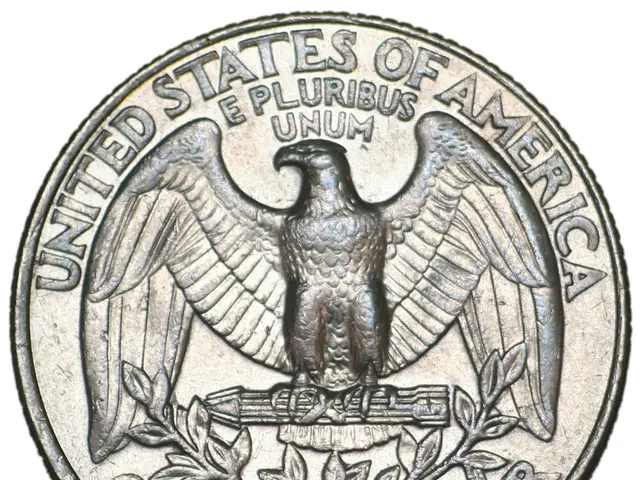Trump Issues Controversial Executive Decree, Asserting It Will Reduce Prescription Costs Drastically
President Donald Trump signed an executive order on May 12, 2025, titled "Delivering Most-Favored-Nation Prescription Drug Pricing to American Patients." This order aims to reduce U.S. prescription drug costs by requiring drug manufacturers to match the lowest prices offered in comparable developed countries.
The Department of Health and Human Services (HHS) has been directed to set a most-favored-nation (MFN) price target for Medicare and Medicaid programs based on the lowest price a drug is sold for in any Organization for Economic Cooperation and Development (OECD) country with at least 60% of the U.S. GDP per capita.
Key aspects of the executive order include:
- MFN price target application: This applies to branded drugs and biologics without generic or biosimilar competition, benchmarking U.S. drug prices against the lowest prices in 16 economically comparable OECD countries.
- Direct-to-consumer (DTC) and direct-to-business purchasing: HHS will promote selling drugs at MFN prices directly to consumers or businesses, bypassing middlemen like pharmacy benefit managers to reduce markups.
- Pharmaceutical companies' demands: Trump issued letters to 17 drug manufacturers outlining four demands: providing Medicaid patients full portfolios of drugs at MFN prices, offering newly developed drugs at MFN prices to all Americans regardless of insurance type, coordinating internationally to encourage other countries to return excess revenues, and developing direct sales models for consumers and businesses to avoid intermediaries inflating costs.
- Enforcement: The administration threatens "aggressive action" against manufacturers failing to comply with voluntary MFN pricing, aiming to leverage every available tool to pressure drug companies to lower prices.
- Expected impact: The administration asserts this policy can reduce drug prices by as much as 59%, addressing disparities where Americans often pay 2-4 times more than people in countries like Australia, Canada, or France.
However, the pharmaceutical industry strongly opposes the MFN approach, with trade groups warning it could harm innovation. Manufacturers have indicated plans to legally challenge the rule, similar to previous attempts during Trump's first term that were stalled by courts and rescinded by the Biden administration.
The announcement of the order caused sharp declines in pharmaceutical stock prices, reflecting investor concerns over financial impacts. Analysts note that meaningful negotiation and adjustment to this policy would be complex and take time.
Trump also signed another order last month illustrating steps to lower drug prices, while experts with the University of Southern California's Schaeffer Institute warned that most favored nation policies are easily gamed. The executive order aims to lower drug costs across all markets, including commercial insurance and federal payers.
The exact impact of Trump's new executive order on drug costs and whether it will face pushback in the courts remains unclear. Trump claims the executive order will reduce drug costs by 30 to 80 percent.
- The executive order signed by President Donald Trump on May 12, 2025, titled "Delivering Most-Favored-Nation Prescription Drug Pricing to American Patients," aims to lower prescription drug costs by implementing the most-favored-nation (MFN) pricing for Medicare and Medicaid programs.
- The Department of Health and Human Services (HHS) has been directed to establish an MFN price target based on the lowest price a drug is sold for in any Organization for Economic Cooperation and Development (OECD) country with at least 60% of the U.S. GDP per capita.
- Key aspects of the executive order include direct-to-consumer (DTC) and direct-to-business purchasing, bypassing middlemen like pharmacy benefit managers, as well as Trump's demands for drug manufacturers to lower prices and offer new drugs at MFN prices to all Americans.
- The pharmaceutical industry strongly opposes the MFN approach, with manufacturers indicating plans to legally challenge the rule, raising concerns about the potential impact on tech, science, and health-and-wellness sectors, as well as policy-and-legislation and politics in general-news.
- Trump's new executive order is expected to have an impact on future drug costs, potentially reducing prices across all markets, including commercial insurance and federal payers, although the exact extent of the reduction remains unclear and may face pushback in the courts.








